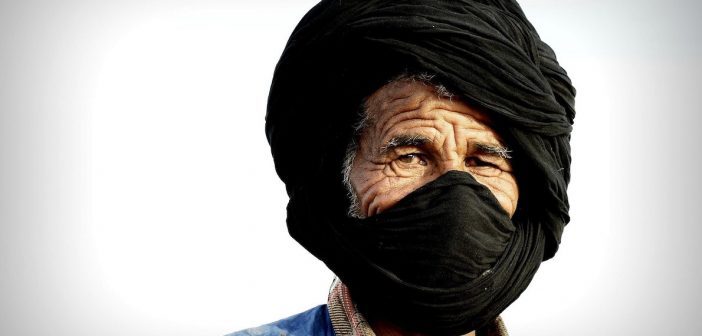Borgen Magazine
The Kingdom of Morocco has been in a state of emergency since March 20. Gathering spaces, such as restaurants, cafes and public baths are closed. Classes at schools, universities and daycare centers were canceled. As of May 23, the country had 7,406 confirmed cases of COVID-19 in Morocco with 4,638 recoveries. So far, there have only been 198 deaths. To curb the spread of the virus, the lockdown was set to last until May 20, but it continues. It allows people only to go out to buy food and medicine, according to Reuters. Employees of essential businesses, such as grocery stores and pharmacies, can also continue going to work. Those leaving their homes must wear masks or face fines and jail time. According to Industry Minister Taoufiq Moucharraf, the country has planned to increase mask production to six million per week.
A Change Overnight
To Giovana Giraldo, a Peace Corps volunteer in Morocco, the country seemed to change overnight, she told The Borgen Project. When the first case of COVID-19 was confirmed in Casablanca in early March, residents in Tazarine, a rural commune in southeast Morocco, were dismissive of the virus. However, their attitudes changed when cases were confirmed in Marrakech, which is about six hours from the commune.
On March 19, Giraldo was in Marrakech for a training with about 200 fellow volunteers. Just a day later, she was abruptly sent back to her permanent site in Tazarine. “You could really see the worry of people in terms of big crowds,” she said. “It was like a ghost town.” The typical sights of Tazarine were gone, Giraldo said. There were no longer men socializing and drinking tea in local cafes, children walking to school together or women buying goods from small shops. Instead, everyone was in lockdown.
Shortly after, Peace Corps officials told Giraldo she had a day to get to the capital, Rabat. She was going back to the U.S. Before leaving, she asked one of her friends from the commune what would happen to the families who made their living from shops or would no longer be able to work. Her friend’s reply was “our food is their food.”
The Moroccan Government Response
This sense of unity and community has also manifested on the national stage. A March study from the Moroccan Institute for Policy Analysis also found that a majority of Moroccans surveyed were satisfied by the government’s response to the pandemic.
Salma Mahzoun is a recently graduated linguistic master’s student in Fez. She agrees with the decisions taken by the government. She told The Borgen Project that her father, who is still working, is the only person leaving the house. “It’s good since it protects our health as citizens,” she said. “We are washing our hands a lot and watching the news to see the updates.”
The Institution of Solidarity with Women in Distress (INSAF)
The Institution of Solidarity with Women in Distress (INSAF) is a Moroccan non-governmental organization that focuses its work on one of the most impoverished communities in the county: single mothers. With COVID-19, INSAF has begun aiding other groups, according to founder Meriem Othmani. The organization has distributed about 4,000 parcels of food and emergency supplies to isolated villages and 500 other parcels in Casablanca. The parcels contain basic necessities, such as rice, tea and soap. It also handed out flyers with information about hygiene and social distancing.
The week of May 11, the organization began reaching out to sub-Saharan African migrants in Morocco, Othmani said. Four thousand supply packages were distributed in Casablanca, which contained face masks, bleach, soap, food and flyers. The organization is also preparing 4,500 packages for migrant families in Rabat. “When the epidemic struck, we practically switched jobs,” Othmani said in the interview. “We’ve devoted ourselves to fighting socio-economic deprivation among different groups of people while continuing to support unmarried women.”
Like most of the world, COVID-19 in Morocco has had a serious effect on the country. It has struggled to contain the spread of the virus and take care of its citizens. However, with the work of the government and non-governmental organizations, Morocco is on the path of curbing the spread of the virus.
– Grethel Aguila
Photo: Flickr







